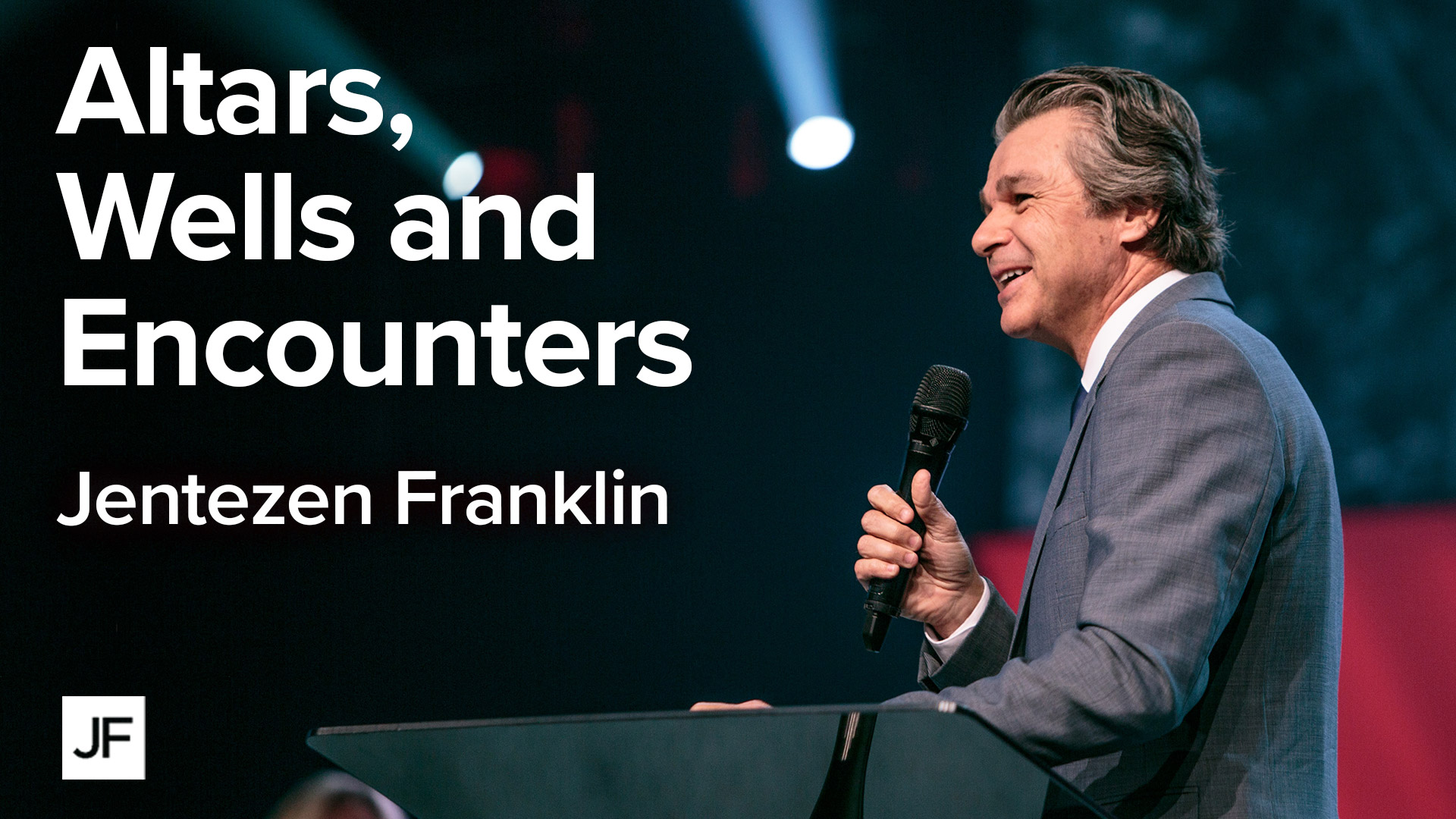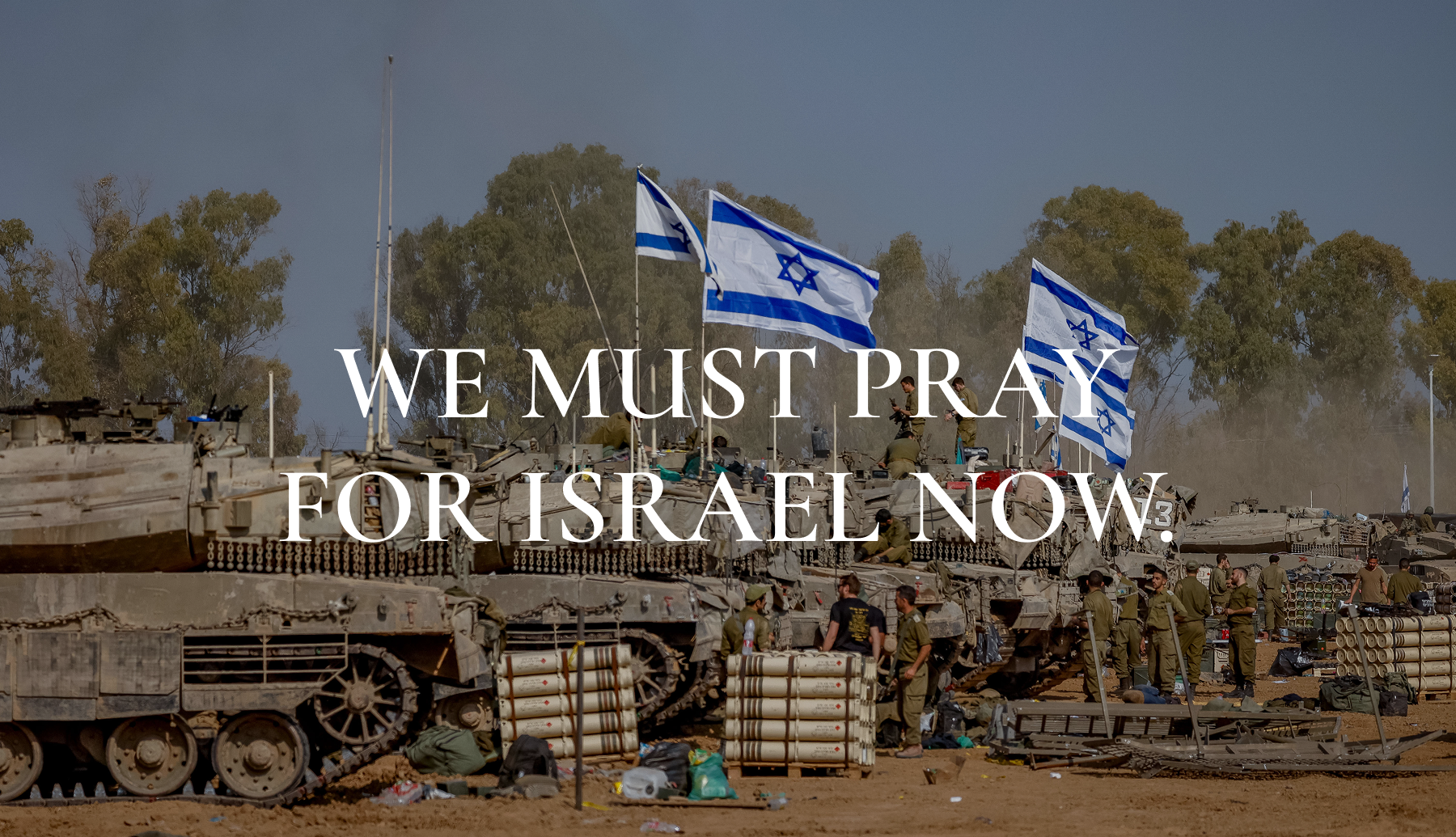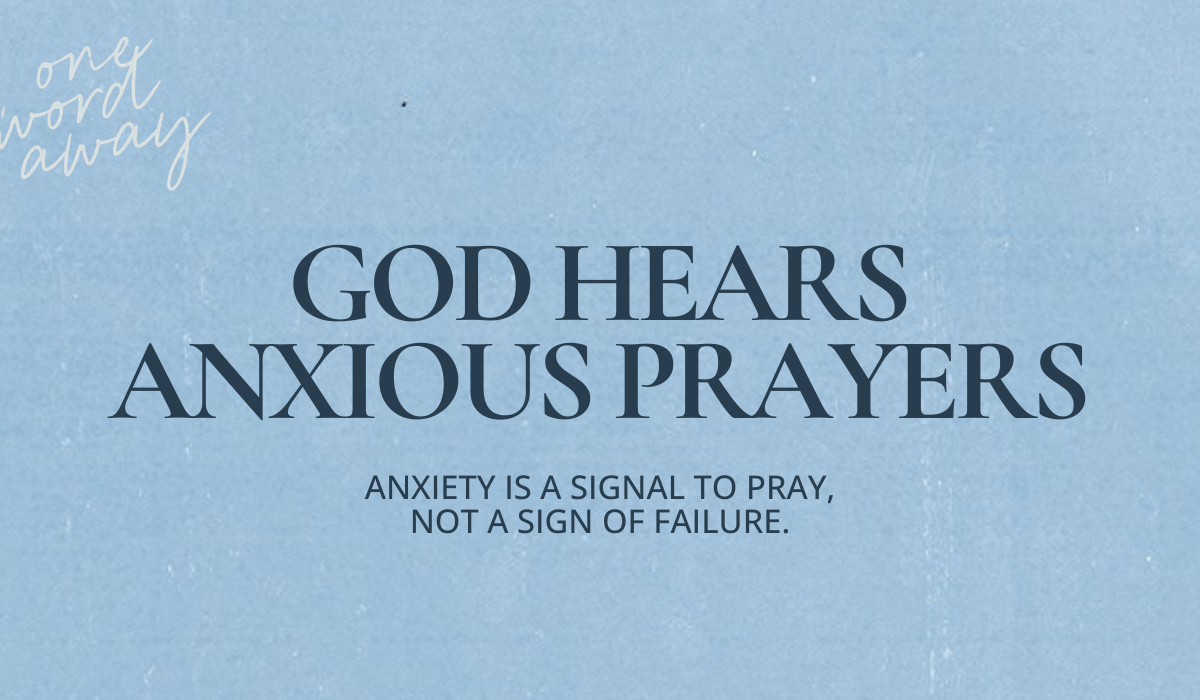Altars, Wells and Encounters
Abraham, Isaac and Jacob served the same God. You and I still serve that same God today. Although God doesn’t change—He’s the same yesterday, today and forever—people are different. Our needs and experiences change over time. The things your great-grandmother prayed for are probably quite different than the things your daughter is praying for today. But the stories of those answered prayers being passed down from generation to generation, that’s the backbone of our faith and what gives us the reverie of having our own experience with God.
Jacob represents a generation who knows about God, but doesn’t know Him. They know God in their head, but not their hearts. They’re living on the coattails of their father’s and their grandfather’s faith and have never stopped to contemplate who God is to them personally. They believe in God, but their relationship with Him is like an heirloom, handed down from generation to generation, stories told of late night prayer and tent revivals, healing and maybe even miracles whispered about like long-ago legends. But just like Jacob, they’ve yet to have a personal encounter with the living God—one that changes the way you walk.
The first generation, represented by Abraham, was a generation of prayer. The great outpouring in the Book of Acts was not born in a planning committee. The great outpouring of Acts 2 was born out of a prayer meeting where for 50 days, men and women gathered in the Upper Room. They did not plan, and scheme, and come up with visions and marketing. They got in a room, and they prayed, and they waited on the Lord.
50 days in a prayer room would certainly be making a sacrifice today. And that’s exactly what they did then. Sacrifice was necessary in the history of the early church. They built altars not only for those sacrifices, but to remember what God had done in their midst. At some point in your relationship with God, it will require sacrifice on your part. You’ll have to lay something down in order to take up what God has for you. And that becomes your altar. Sacrifices made at the altar, alter the way you live. A religion that costs you nothing is worth nothing.
Isaac represents the second generation. They learned to re-dig the wells of ancient revival. Just like your ancestors have left you those deep wells of faith to pull from. They’re important. They’re necessary. If we’re not careful, the world around us will clog them up like the Philistines had plugged up Isaac’s wells. The Bible said that Isaac actually dug two new wells before he re-dug his family’s old well. In other words, he thought, “That old-fashioned stuff … I don’t need that. Oh, they’re silly. I don’t need church. I don’t have to go to, I can worship at home. I don’t believe in tithing. Mom and Dad, that was for you. I’m digging some new wells.”
But those two new wells dried up. They weren’t being fed from the spring of Living Water! It was only a matter of time before they dried up. It will work for a little while … but it’s only on the surface.
We need the altars in our life. We need to be willing to give it all up to God and trust Him with our whole heart. We need the wells of our forefathers. Remember, it’s not God who changes. The roots of our faith are solid and they’re not to be abandoned. But without our own encounter with God, the altars and wells feel like relics.
You must encounter Him for yourself. Isaac knew it up here, but there came a time when he had to encounter God for himself. “I know there’s water. I’ve got to dig. I’ve got to dig until I hit it myself.” Jacob knew he was missing something. He’d had everything, yet found himself in the place of brokenness. Like Moses, Job, Joseph, and Paul, Jacob’s victory was in his defeat.
You can read the story in Genesis 32. As Jacob approached what was sure to be his end, alone in the dessert and depleted of all his worldly possessions, he says, “I saw God face to face, and yet my life was spared” (Genesis 32:30). He wrestled with God until daybreak, grabbing hold of Him and refusing to let go. He had his encounter. The story goes on to tell us he was injured there; he walked away with a limp … an identifiable, undeniable mark that he was a changed man. Though he was “injured,” he was also blessed. Finally, maybe what he had subconsciously been scheming for his entire life; he received in his weakest most vulnerable moment. God “blessed him there” (Genesis 32:29).
Sometimes victory means defeat. Sometimes you have to lose physically to win spiritually. In the natural world you lose, it looks like. But in the spiritual world, you just stepped up into God’s holy spotlight. And for Jacob it happened at Jabbok, a place of brokenness, a place of weeping, loneliness, and crying. A place where he wondered, will I ever see the light again?
You may feel like you’re in that place. Hold on. Don’t let go! Just like Jacob, once you decide you won’t let go no matter what, you’ll have a face-to-face encounter with God that won’t leave you the same. You’ll leave as a different person from a true encounter, with a noticeable change in your walk.
Don’t settle for just the altars and wells (don’t dismiss them, either). Chase the encounter. Know God. Know who He is to you. He cares about your needs, your desires, and your life today. He’s not just the God of legend, the God of your great-great granny, He’s your God and He wants to have a personal relationship with you!
Share





.png)
.png)
.png)



